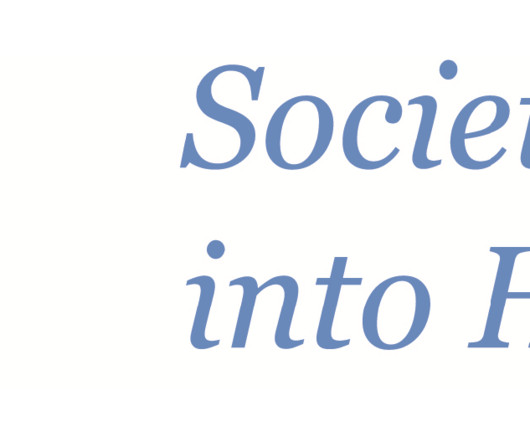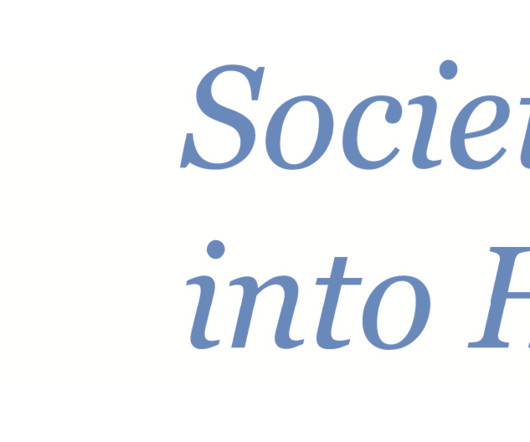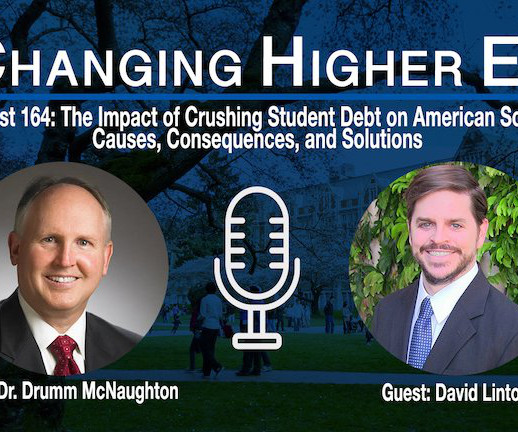Higher ed policies drive layoffs and cuts in the UK, Australia and Canada
The PIE News
MAY 2, 2024
Universities in the UK, Australia and Canada have announced staff layoffs and course suspensions as government policies limiting international student numbers cause increasing financial strain. As of April 30, 55 institutions have confirmed cuts, with several thousand academic and administrative posts forecast to be lost in the coming months.













Let's personalize your content